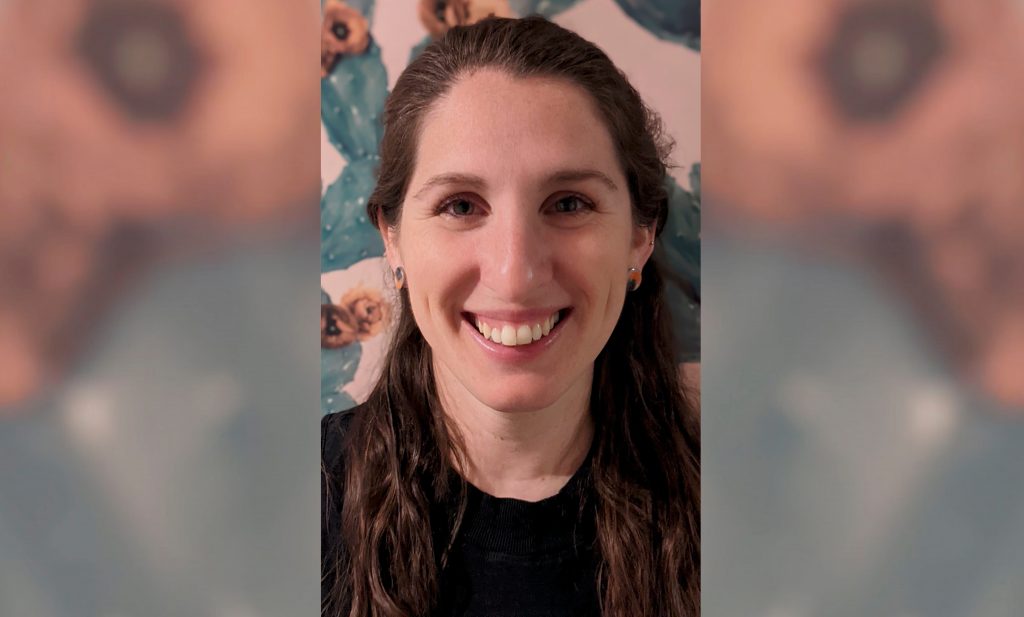- Becca Simon is a 33-year-old family practice doctor who provides abortion care in Arizona.
- Simon is dedicated to providing abortion care, but Arizona laws would stop her if Roe v. Wade falls.
- This is her story, as told to writer Fortesa Latifi.
This as-told-to essay is based on a conversation with Dr. Becca Simon, a 33-year-old family practice doctor who provides abortion care in Arizona at Physicians for Reproductive Health. The conversation has been edited for length and clarity.
As the country braces for the Supreme Court's final opinion on whether it's going to rescind Roe v. Wade, the situation in Arizona is even more dire because of a little-known trigger law that dates back to the 1800s. The law criminalizes providers like me.
The law — which is from a time when Arizona wasn't even a state yet, but a territory — mandates prison time for providers who give abortion care at any point during a pregnancy. The 1864 law only allows doctors to provide abortions legally if a pregnant person's life is at risk, and recent laws passed in Arizona ban most abortions after 15 weeks — including in cases of rape or incest. Under the 1864 law, a provider faces a minimum of two years in prison and a maximum of five years for providing abortion care.
As a family medicine physician, I was always interested in giving abortion care
When I was in training, I realized how critical abortion care is to the health of a community. I want to take care of people no matter what stage of life they're in.
I want to help pregnant patients, and I want to help them if they choose not to be pregnant anymore. I want the choice to be theirs, and I'll guide them through whatever choice they make.
Abortion access in Arizona is already restricted
Patients have a mandatory 24-hour waiting period between their first appointment and the procedure, and they're forced to view an ultrasound before the abortion. Medicated abortion cannot be conducted through telemedicine, which is difficult for the millions of people who live in the more rural areas of the state — many of whom are forced to find a way to travel to the Phoenix metropolitan area, which is where I work.
I often think about the people who will be most affected if Roe v. Wade does indeed fall, as is expected from the leak of the Supreme Court draft majority opinion.
The same populations that currently struggle with access to reproductive healthcare — because of laws that are designed to restrict care, such as the Hyde Amendment — are going to struggle even more if Roe v. Wade is overturned. That includes patients with disabilities, people of color, people with low socioeconomic status, and critically in Arizona, indigenous and undocumented people.
That's not all. People who struggle to travel to receive care will face greater barriers, as will people who can't afford to take off work or get childcare. All these people already struggle with abortion access in Arizona and will have an even harder time if the Supreme Court finalizes this decision.
I'm dedicated to helping with abortion access in any way I can, but a rollback of Roe v. Wade would be devastating
If Roe v. Wade does get rolled back and Arizona's trigger law comes into play criminalizing providers, I wouldn't be able to provide abortion care in Arizona anymore. I would look for another way to support patients, whether that's providing care in a neighboring state or doing some kind of telehealth abortion care.
In Arizona, it's even more unclear because Gov. Doug Ducey, a Republican who has passed abortion restrictions, has only commented on the leaked Supreme Court opinion to say he won't engage in hypotheticals.
Though, as AZFamily reported, Gov. Ducey has signed every piece of anti-abortion legislation that's crossed his desk since he took office in 2015. He recently signed a 15-week abortion ban that's set be enforced in September.
Being an abortion provider has made me a better all-around doctor
As an abortion provider, I make sure I'm patient-centered and that I listen and engage in a partnership with my patients. Doing this work has transformed me.
I wish people knew that abortion providers are people who really care about the communities they live in. We're trying to give people what they want and deserve: bodily autonomy.
Plus, abortion care is really safe. It shouldn't be siloed away from other specialties; rather, it should be considered a part of general all-around care. I should be able to provide that care at a general practice.
Abortions are essential healthcare. When we restrict bodily autonomy, it can change the course of a pregnant person's life.
